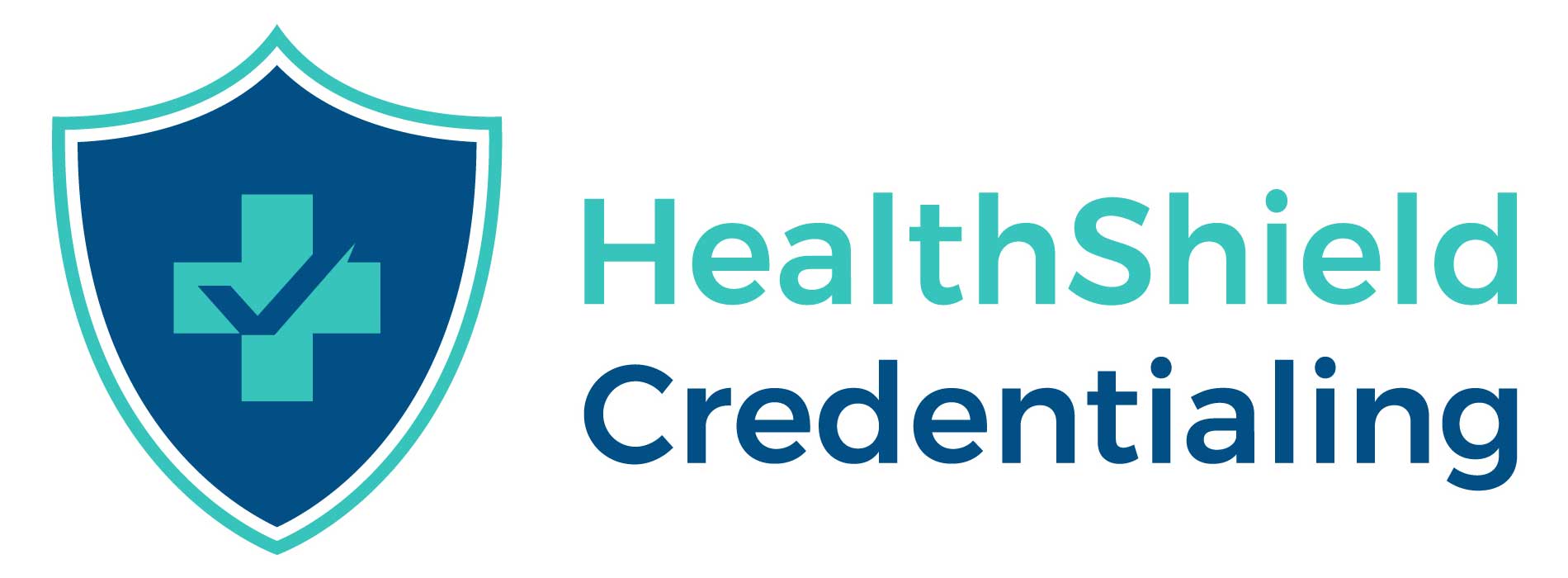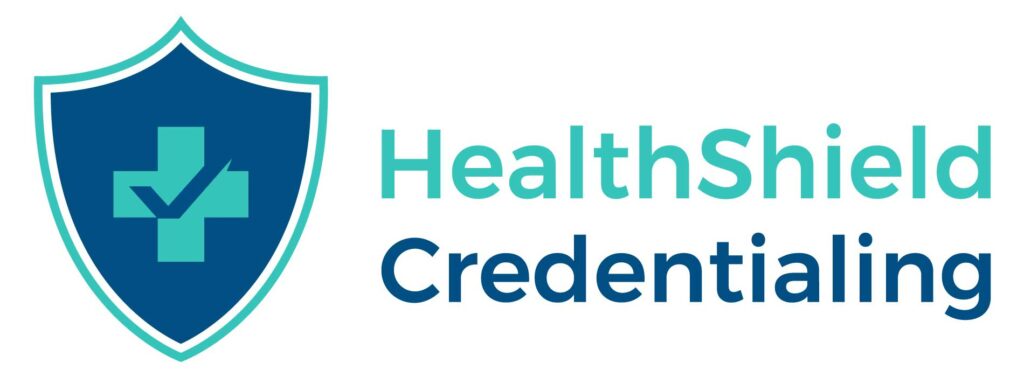As a 1099 independent contractor, navigating tax season can be both daunting and rewarding. One of the most significant advantages of being self-employed is the ability to claim numerous deductions, effectively lowering your taxable income and tax bill. Ultimately ensuring you keep more of your hard-earned money. Whether you’re a freelancer or consultant, understanding and leveraging these deductions is crucial for optimizing your financial health.
This guide explores twelve essential deductions available to 1099 independent contractors, covering everything from home office expenses to retirement contributions. By understanding these deductions and how to claim them effectively, you can navigate tax season with confidence, ensuring you maximize your tax savings while remaining compliant with IRS regulations.
1. Home Office Deduction
If you use a portion of your home exclusively for business purposes, you can definitely deduct related expenses such as rent, utilities, insurance, and repairs. The IRS offers a simplified formula to calculate this expense, making it easier to claim this deduction.
2. Educational Expenses
Investing in professional development through courses, webinars, and subscriptions related to your business is deductible as well. While you must stay current and up to date in your field , you also can reduce your taxable income in the process.
3. Depreciation of Property and Equipment
Your common assets like computers, printers, and furniture used for your business lose value over time (depreciate). You can therefore deduct a portion of their cost each year, reflecting their decreased value.
4. Car Expenses
If you use your vehicle for business purposes, you can deduct either the actual expenses (including gas, repairs, and insurance) or use the standard mileage rate (currently 58.5 cents per mile in 2024). Be sure to check which one will give you the greater benefit since you can only use one or the other.
5. Business Travel
Travel expenses incurred for business purposes, such as airfare, lodging, meals (up to 50%), and transportation (including taxis and rideshares), are deductible. Make sure to keep detailed records of your business-related travel expenses.
6. Cell Phone and Internet
You can deduct the portion of your cell phone and internet bills that are used for business purposes. Be sure to track your business vs. personal usage to determine the deductible amount accurately.
7. Health Insurance Premiums
Self-employed individuals can deduct 100% of their health insurance premiums for themselves, their spouses, and dependents, reducing their taxable income.
8. Business Insurance
Premiums for business insurance, such as liability and professional indemnity insurance, are deductible expenses that protect you from unexpected financial liabilities.
9. Retirement Contributions
Contributions to retirement plans like IRAs or solo 401(k)s are deductible up to certain limits, helping you save for the future while reducing your taxable income today.
10. Bank Fees and Business Interest
Fees for business bank accounts, credit cards, and interest on business loans are deductible. Keep track of these expenses throughout the year for accurate deduction claims.
11. Advertising and Marketing
Expenses related to promoting your business, including digital ads, business cards, website maintenance, and sponsorships, are fully deductible as business expenses.
12. Professional Services
Fees paid to consultants, accountants, attorneys, and other professionals necessary for running your business can be deducted. These services ensure compliance and strategic business planning.
Bonus Deduction: Self-Employment Tax
While not technically a deduction from income tax, you can also deduct half of your self-employment tax (Social Security and Medicare taxes) on your income tax return.
Take Home
Understanding and maximizing your tax deductions as a 1099 independent contractor is essential for optimizing your financial health. By keeping detailed records and leveraging these deductions, you can reduce your taxable income and maximize your savings, ensuring you keep more of your hard-earned money.
Consult with a tax professional or accountant to navigate complex tax laws and ensure you’re taking full advantage of all available deductions. Stay proactive in tracking expenses throughout the year to streamline your tax filing process and avoid missed opportunities for savings.
Empower your business with smart tax planning and strategic deductions, paving the way for continued growth and financial success as an independent contract





